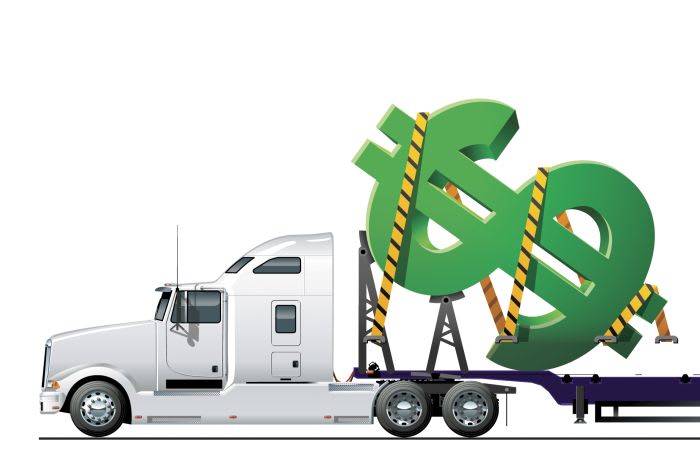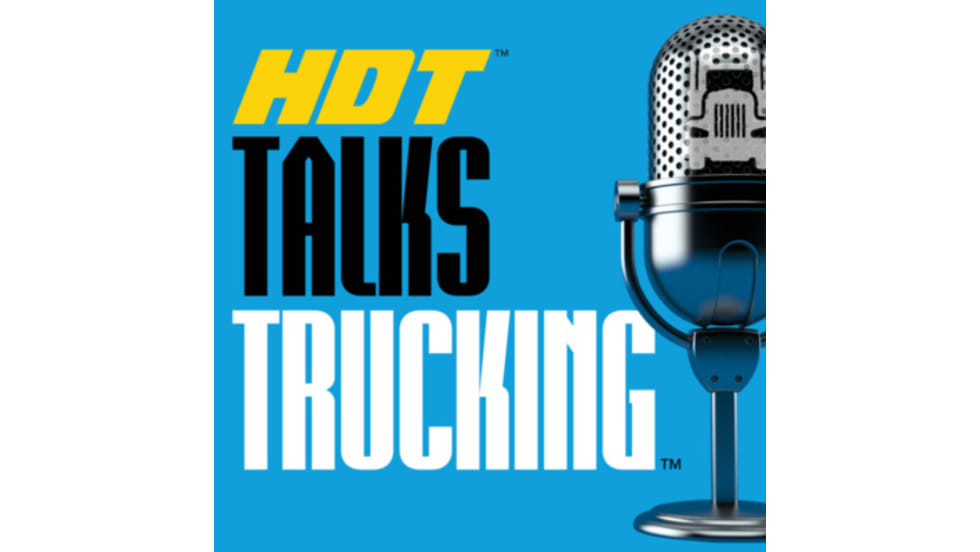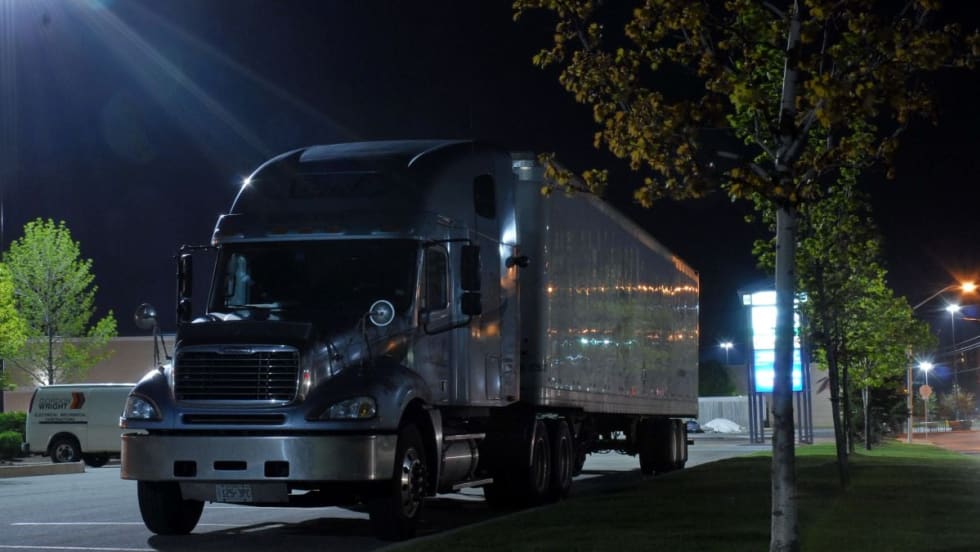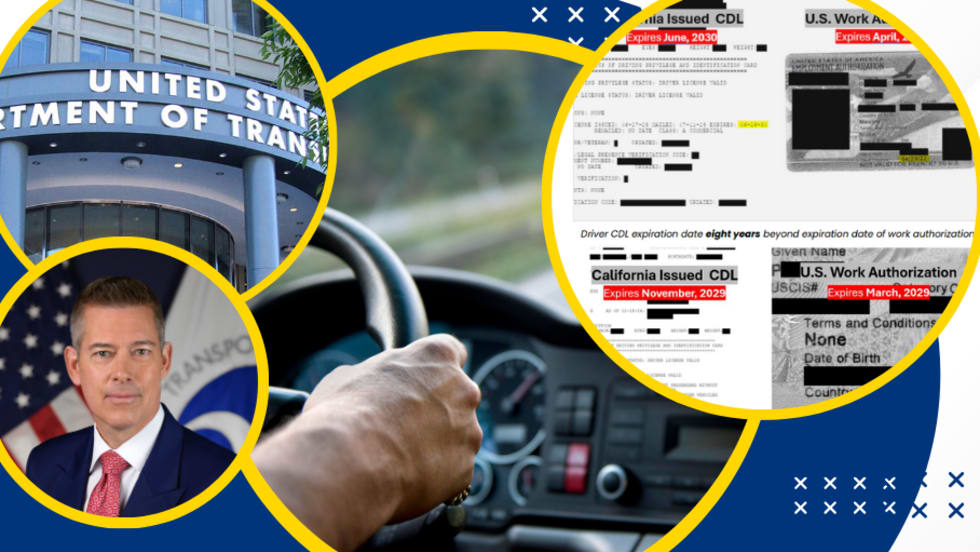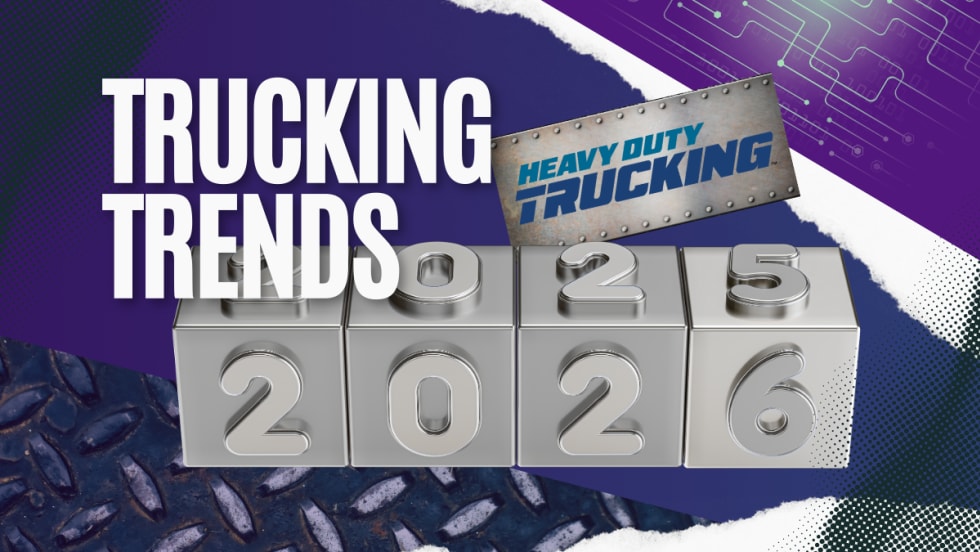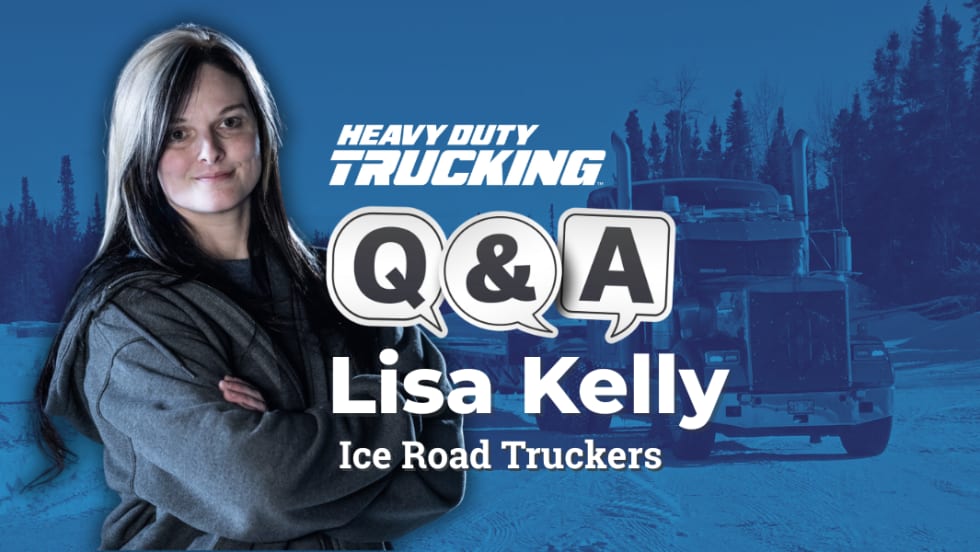In its second quarter recruiting and retention survey, Driver iQ found signs that with signs of a weakening freight environment and economy, most fleets are less likely to increase driver compensation or add capacity to combat turnover within the next few months.
For Driver iQ’s quarterly report, the company surveyed fleet customers and potential clients representing the views of recruitment managers who operate over 75,000 trucks total.
For the first time since the fourth quarter of 2017, more recruiters expected that driver turnover was going to remain about the same rather than increasing or decreasing. At the same time, a majority of recruiters also expected that future driver compensation was going to remain the same.
This is in contrast to the past few years, which saw many fleets increasing driver pay and benefits, sometimes multiple times per year in order to hire more new drivers and retain existing ones. However, with a contracting freight environment and indications that the economy may be slowing down, fleets are approaching the future cautiously.
It is also an indication that previous driver pay raises had the desired positive effect on recruiting and retention. Hardly any fleets expected driver pay to decrease in the future, a pattern that has held since the start of 2018, but less than 30% of survey respondents expected future pay increases.
The number of companies offering sign-on bonuses to new drivers dropped to 56%, way off from the high of almost 70% in 2018.
Driver iQ also asked fleets how prepared they were for the upcoming Federal Motor Carrier Safety Administration’s Drug and Alcohol Clearninghouse, which would report on positive drug and alcohol test results, refusals and other drug and alcohol related violations.
FMCSA only released details of the program in April of this year, but it is scheduled to be implemented by Jan. 6, 2020. Only 16% of surveyed fleets had a plan for implementation and 75% were only in the very earliest stages of preparedness.
“Eight months is simply not enough time for carriers to understand the rule, start an implementation plan, develop and test the plan, and implement the plan,” said Lana Batts, co-president of Driver iQ. “I’m expecting mass chaos as drivers try to register for a program that no one has seen even a demo, fully understands, and can clearly articulate to worried drivers.”




